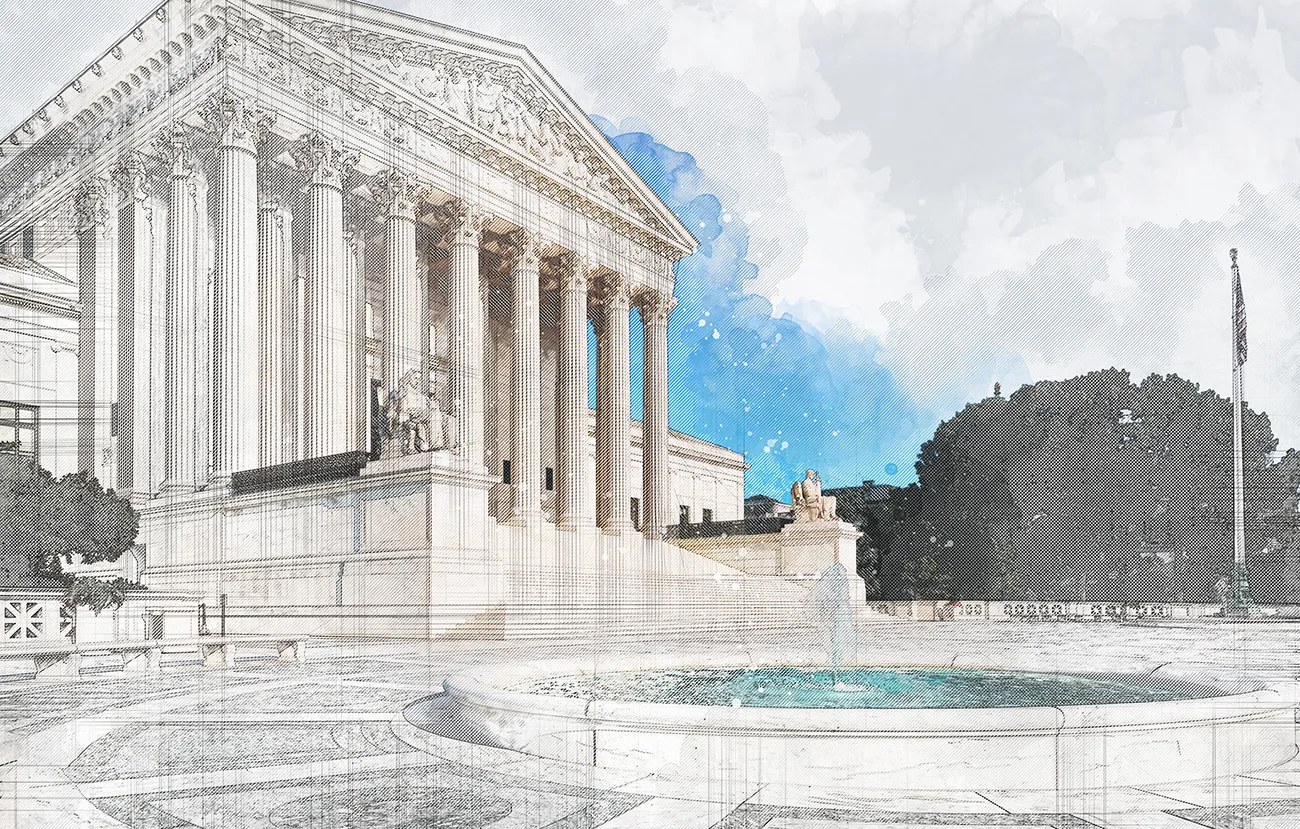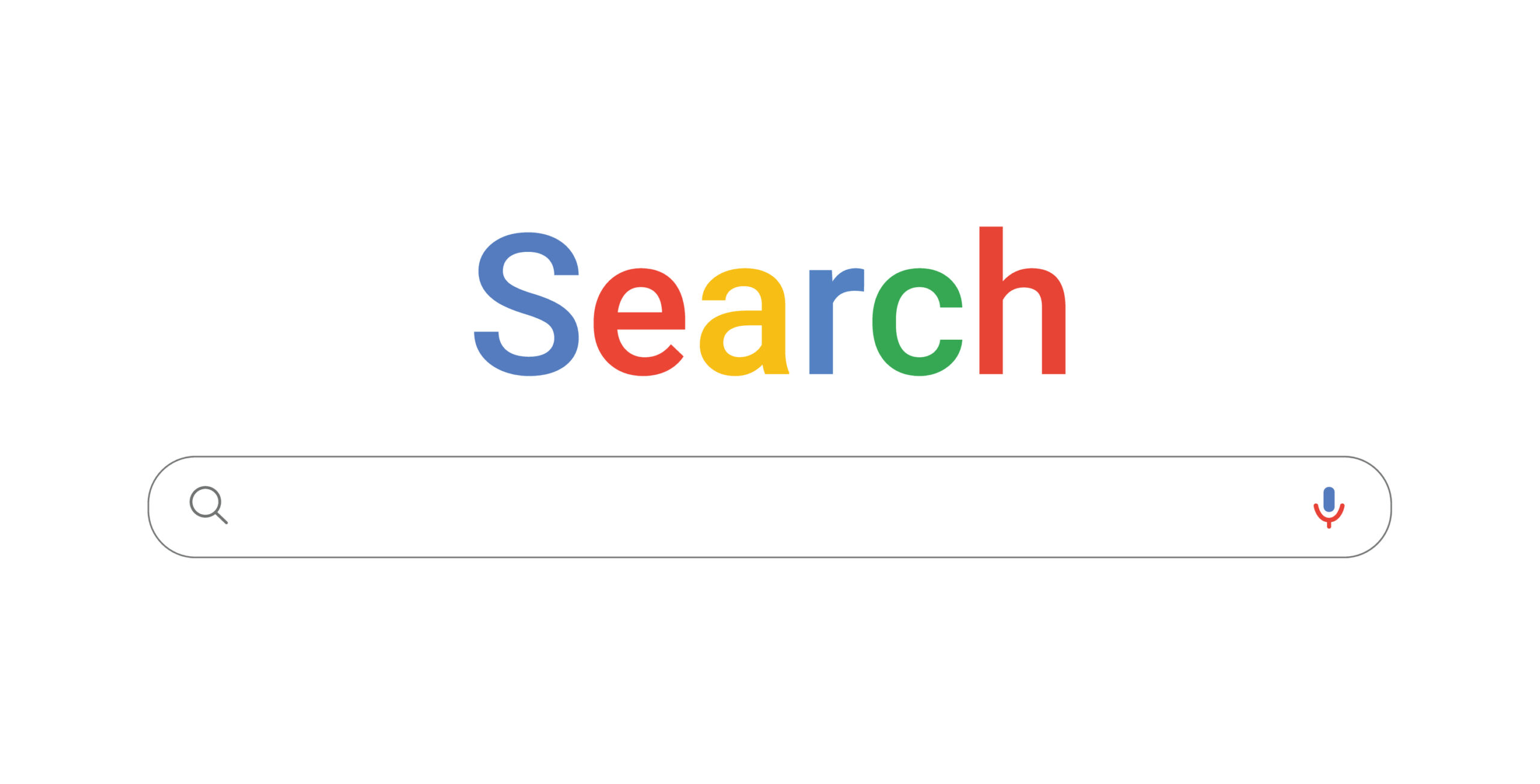Supreme Court Declines to Hear Oracle v. Google Case Over Java Copyrights
This morning the Supreme Court issued an order indicating that it was declining to hear an appeal of the copyright case between Oracle and Google. The appeal concerned the copyrightability of “application programming interfaces” (APIs). Oracle launched the suit against Google shortly after acquiring Sun, which held copyrights and patents on the Java computer language, in 2010. It claimed that Android infringed Java copyrights because Android replicated elements of the Java API in the Android API. (Oracle’s suit also advanced patent claims, which came up remarkably short.)
The trial court sided with Google, but the U.S. Court of Appeals for the Federal Circuit disagreed, in a May 2014 ruling discussed previously here, here, and here. Google appealed to the Supreme Court, arguing that the appellate court had incorrectly held that the system and methods of the Java API could be protected under U.S. copyright law. The U.S. Copyright Act withholds protection from any idea, procedure, process, system, or method of operation. Processes, systems, and methods are usually the domain of patent law, not copyright; courts have long noted the lack of copyright protection for interface specifications encourages interoperability across software environments.
The Supreme Court showed initial interest in the case after a January conference, when it sought the views of the U.S. Department of Justice on the matter. Speaking for the Obama Administration, the U.S. Solicitor General downplayed the case, however. In June, it advised the Supreme Court not to hear Google’s appeal, advice that the Court followed this morning.
The consequences of the decision to let the Federal Circuit ruling stand may be significant: the Federal Circuit decision parted ways with other federal courts and European law as well. Observers have already expressed concern that the lower court’s decision bodes poorly for the software industry, since copyright claims could be used to threaten the interoperability of existing programs at a time when programs and programming environments are increasingly interdependent.
It remains possible that this case and similar disputes could be still resolved in favor of the defendant by resorting to the copyright doctrine of fair use. That is, while replicating interface specifications does result in the copying of legally protected code, that copying is excused under the four-factor fair use test set out in 17 U.S.C. Sec. 107. This question will be placed before the trial court when the parties return there later this year. There are reasons why fair use is not an exact substitute for a limitation on copyrightable subject matter, however, including the fact that fair use is less certain and generally takes longer to litigate.
While the lower court decision left standing today is actually of limited precedential weight, the rationale that it advances and the lack of agreement among courts on this matter may encourage more software copyright litigation. The decision blurs the already amorphous line between copyrightable “expression” and unprotectable “ideas” in the software context, and announces as protectable aspects of software development that are not protected in other jurisdictions. For example, a software development startup in Europe could reasonably replicate a popular menu command tree structure found in other programs, only to find that distributing its program in the United States leads to a lawsuit. It would provide those developers little comfort to learn that they would be vindicated on fair use after a lengthy court battle if they couldn’t afford to litigate that long.








